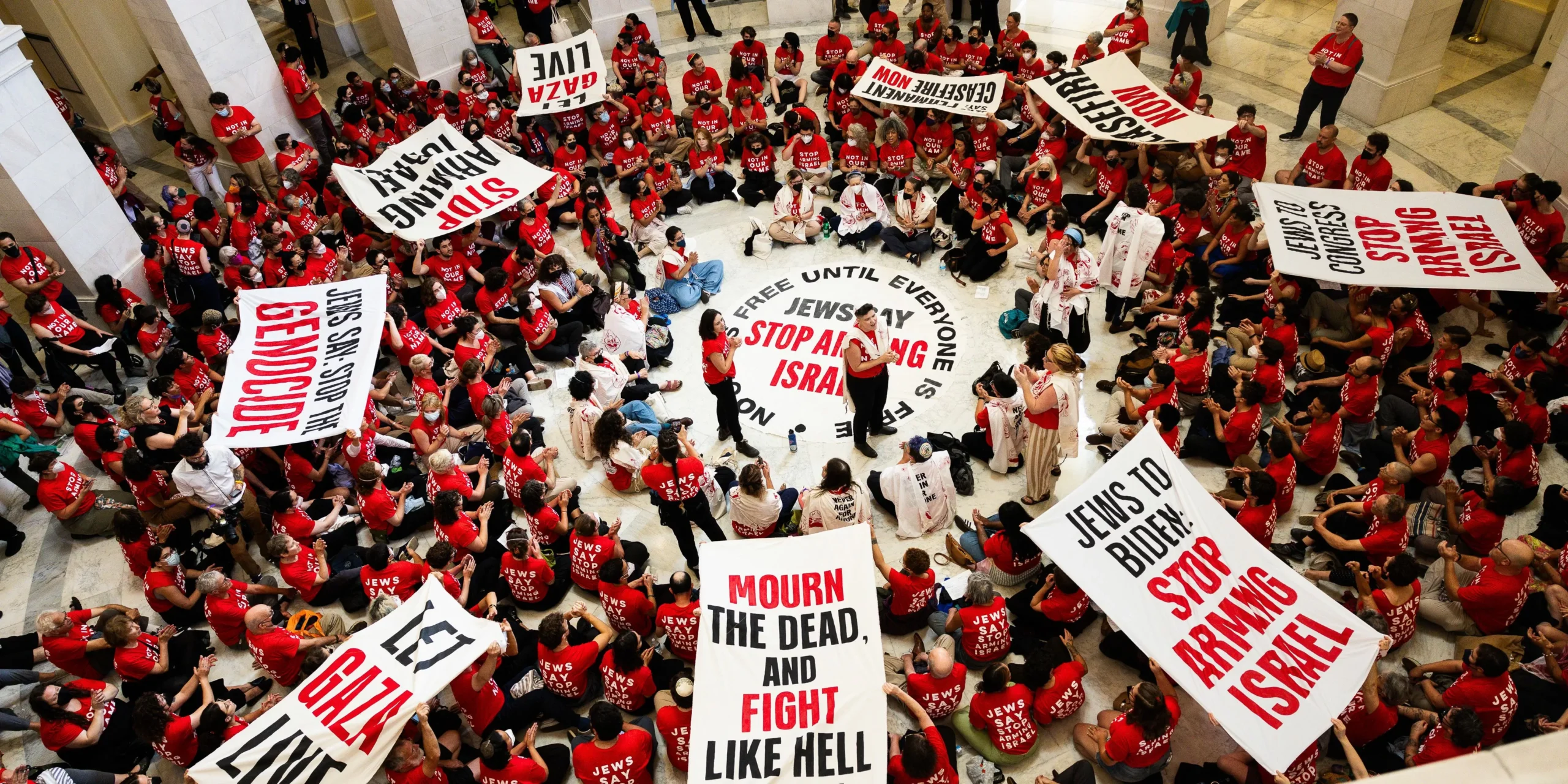In recent years, the Israeli-Palestinian conflict has once again ignited, fueling protests, violence, and countless human rights violations. And while the world watches with bated breath, the actions of one man, Israeli Prime Minister Benjamin Netanyahu, have taken center stage. As dozens of lawmakers recently announced their boycott of Netanyahu’s speech to the US Congress, many have questioned their motives. But upon closer examination, it becomes clear that these lawmakers are not just speaking out against one individual, but against a larger systemic problem in Israel.
The controversy surrounding Netanyahu’s upcoming speech has been making headlines for weeks, as some lawmakers in the US have taken a stand against what they see as a breach of protocol and an attempt to meddle in US foreign policy. However, most of these lawmakers have made it clear that their boycott is not solely based on their feelings towards Netanyahu himself, but rather the system he represents.
From the outside looking in, it may seem that Netanyahu is the sole cause of the ongoing conflict between Israel and Palestine. But in reality, he is simply a product of a larger system of oppression and human rights abuses against Palestinians. This system has been perpetuated by Israeli leaders for decades, with no end in sight.
The Israeli government has long been criticized for its treatment of Palestinians, from oppressive policies to discriminatory practices. The occupation of Palestinian territories, the construction of illegal settlements, and the denial of basic human rights to Palestinians are just a few examples of the systemic abuses that have been carried out by the Israeli government under the guise of security measures.
It is no wonder then, that many lawmakers have chosen to use Netanyahu’s speech as a platform to shed light on the larger issue at hand. By boycotting his speech, these lawmakers are sending a powerful message that they will not be complicit in supporting a system that oppresses and violates the rights of an entire population.
But despite their efforts to bring attention to the systemic abuses in Israel, the media has largely focused on the personal drama between Netanyahu and these lawmakers. This has caused some to question the effectiveness of the boycott and whether it will actually bring about any real change. However, it is important to remember that this boycott is just one piece of a larger movement to hold Israel accountable for its actions.
The Boycott, Divestment, and Sanctions (BDS) movement has gained momentum in recent years, with supporters around the world calling for economic and political pressure to be put on Israel to end its occupation and human rights abuses. And while the boycott of Netanyahu’s speech may seem like a small act, it is a powerful symbol of the growing movement to bring about change in Israel.
Furthermore, the fact that the boycott is being led by US lawmakers, traditionally seen as strong allies of Israel, speaks volumes about the growing discontent with the Israeli government’s actions. It shows that even those who have long supported Israel are starting to recognize the need for change and are willing to take a stand.
In conclusion, the boycott of Netanyahu’s speech may seem like a small act, but it is far from insignificant. It is a powerful statement against a larger system of oppression and a call to action for those who have been silent for too long. It is a reminder that change is possible and that we must all do our part to hold our leaders accountable for their actions. As the world watches on, may these lawmakers’ actions be a catalyst for positive change in Israel and for the rights of Palestinians.





